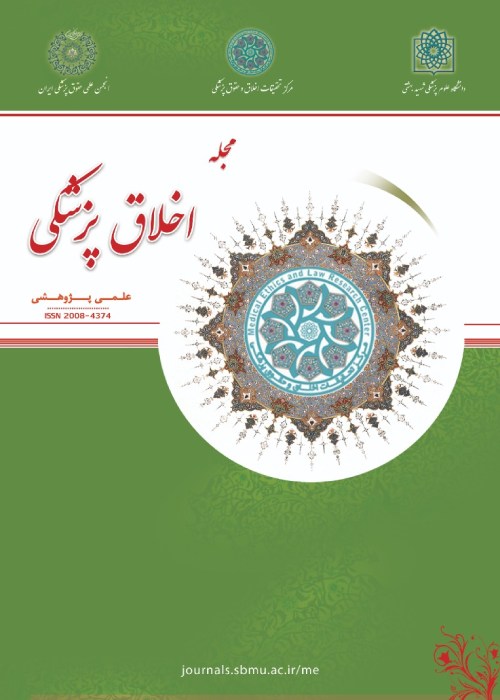A Reflection on the Existence and Nature of "Free-Will" in the Context of Neurolaw and Neuroethics
Proponents of the school of neurodeterminism, based on new findings from neuroscience, believe in the illusion of free will in man and claim that all individuals are under the control and dictatorship of their brains. Do we really have free will? Is free will an illusory abstract concept or a real quality in man? What is the definition of human free will in light of the new findings of human knowledge? The answer to these questions is important because the denial of free will means the denial of any criminal responsibility and in general the denial of the existence of the rules of criminal law in the normative order of society. This perception can turn into anarchy. The present article seeks to provide a convincing answer to the rejection of the skepticism introduced by the school of neurodeterminism and to redefine free will by examining the interdisciplinary approach of law, ethics and cognitive neuroscience.
This research is of theoretical type and the research method is descriptive-analytical and the method of data collection is library and has been done by referring to documents, books and articles.
Ethical Considerations:
In order to organize this research, while observing the authenticity of the texts, honesty and fidelity have been observed.
Consciousness is central to the definition of free will; Consciousness is self-awareness, which awareness (in the narrow sense) and arousal are the necessary means for its realization.
Free will includes a range of substantive and necessary elements in a coherent and inextricably linked sequence: motivation includes intention and delibration (in the words of Islamic philosophers, imagination, acknowledgment and enthusiasm) and determination includes the potential for preparation, awareness of intention and action. With these words, free will can be defined as follows: An intrinsic ability to perform conscious behavior based on purpose and reflection, which is realized in a range of elements from motivation to action.
- حق عضویت دریافتی صرف حمایت از نشریات عضو و نگهداری، تکمیل و توسعه مگیران میشود.
- پرداخت حق اشتراک و دانلود مقالات اجازه بازنشر آن در سایر رسانههای چاپی و دیجیتال را به کاربر نمیدهد.


